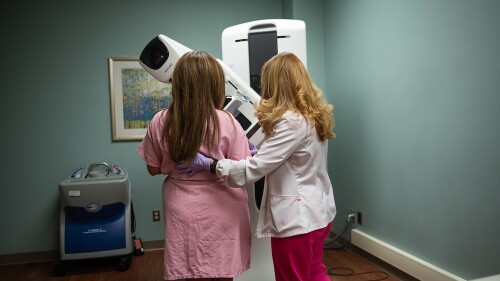Colorectal cancer isn’t just a concern for older adults. In fact, the rate of new cases in Americans under 55 has nearly doubled over the past 30 years — a trend that led to updated screening guidelines, lowering the recommended age to start screening from 50 to 45.
Yet, many young adults don’t consider themselves at risk, often leading to late-stage diagnoses.
So, when should you be concerned? The experts at Novant Health say, if you’re experiencing symptoms like: rectal bleeding, changes in bowel habits, chronic diarrhea or constipation, persistent abdominal pain, unexplained weight loss, sudden fatigue, or iron deficiency anemia, it’s time to talk to your doctor. Pro tip: If you don’t already have a doctor, find the one that’s right for you.
Colorectal cancer doesn’t discriminate by age, and awareness is key. Learn more about what to watch for and when to get screened.























